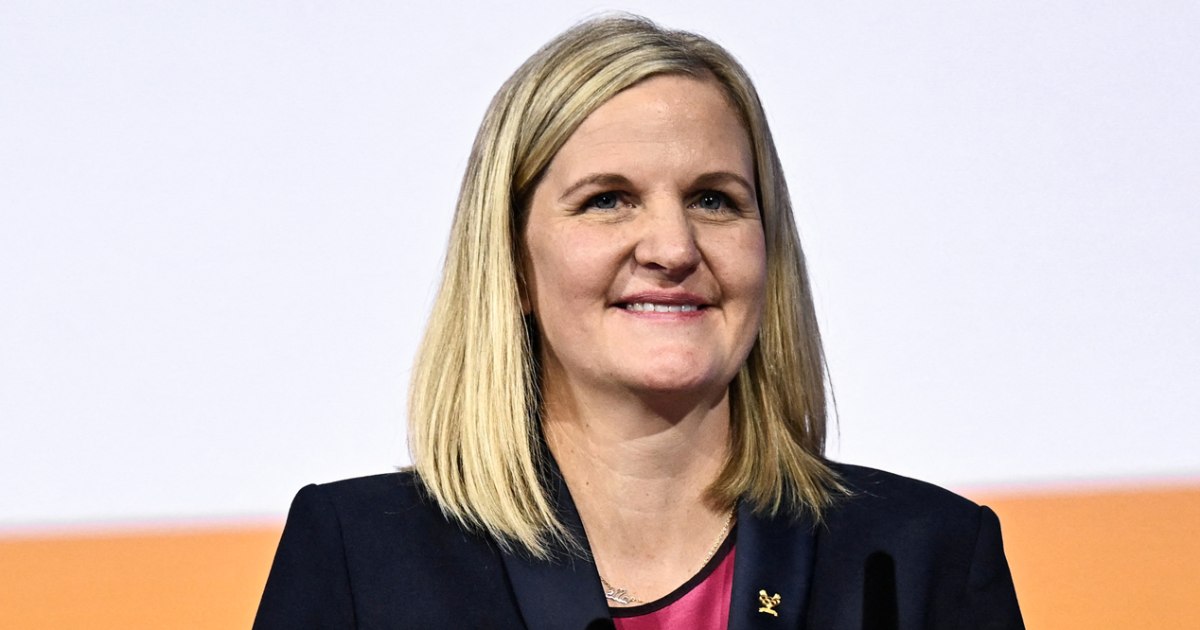Key takeaways:
- Kirsty Coventry was elected as the president of the International Olympic Committee (IOC), becoming the first woman and first African to hold this position, highlighting the IOC’s commitment to diversity and global representation.
- In a surprising first-round victory, Coventry secured the exact majority needed, defying expectations in a highly competitive election with seven candidates.
- Her election signifies a shift towards a more inclusive IOC, with her leadership anticipated to bring fresh perspectives and shape the future of the Olympics over her eight-year term.
In a historic election, Kirsty Coventry was elected as the president of the International Olympic Committee (IOC) on Thursday, marking a significant milestone in the organization’s history. Coventry, a former Olympic swimming champion and current Zimbabwe sports minister, becomes the first woman and the first African to hold this prestigious position. Her election is seen as a testament to the IOC’s commitment to global representation and diversity.
The election was noted for being one of the most unpredictable and open contests in decades. With seven candidates vying for the position, Coventry was expected to lead the first round but fall short of an absolute majority. Contrary to these expectations, she secured a stunning first-round victory, receiving the exact majority of 49 votes needed from the 97 IOC members participating in the election.
Coventry’s election is not only a personal triumph but also a symbolic victory for broader representation within the IOC. Her leadership is anticipated to bring a fresh perspective to the organization, given her relatively young age of 41, which is considered youthful by the historical standards of the IOC presidency. Her eight-year mandate will extend into 2033, providing ample time for her to implement her vision for the future of the Olympic movement.
The outcome of this election reflects a shift towards a more inclusive and globally representative IOC. Coventry’s success is seen as a signal of the organization’s evolving dynamics and its readiness to embrace change. As she steps into her new role, the global sports community will be watching closely to see how her leadership will shape the future of the Olympics.



Be First to Comment